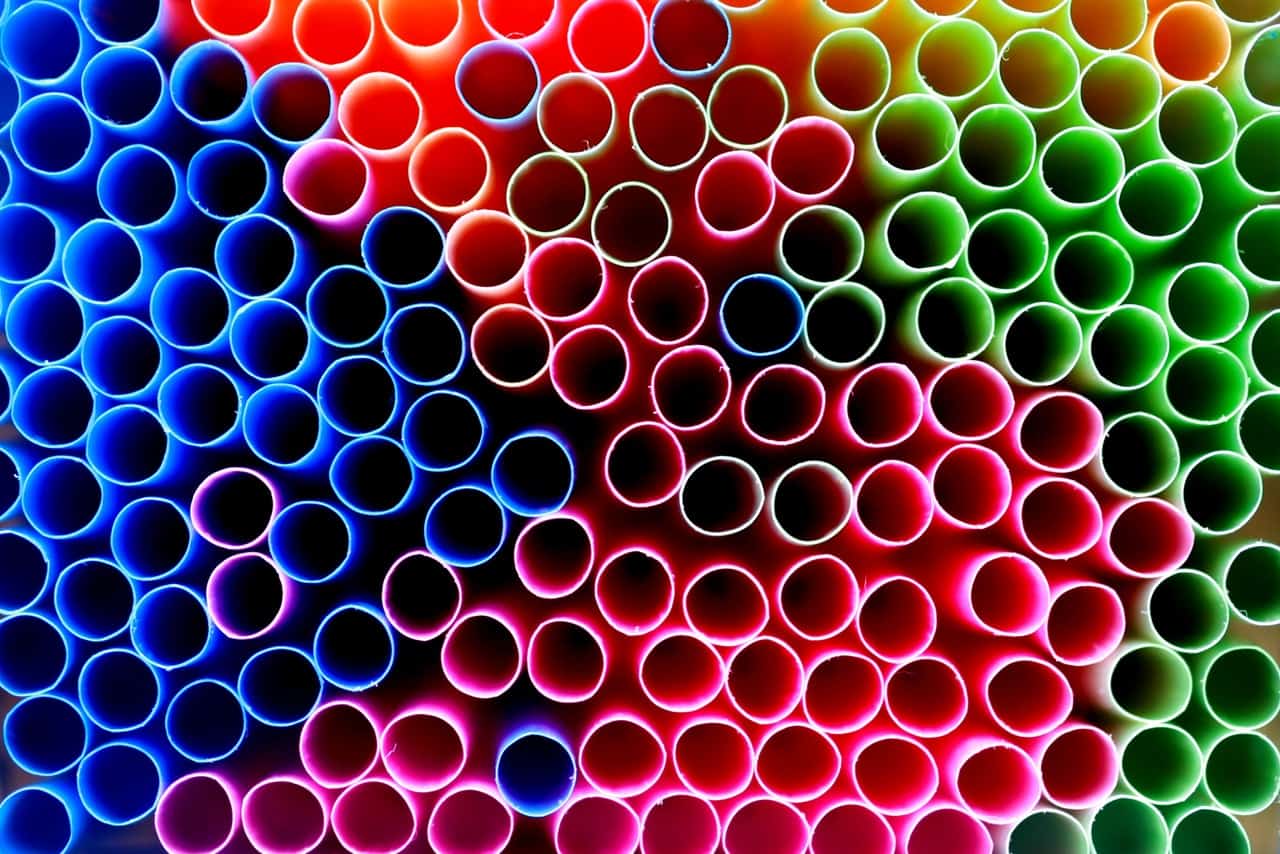By now we all know climate change is real. But what can we do about it?
Here’s a climate change guide and handbook we’ve prepared just for you, with tips that you just might not have heard before that picked up at the Talks by Green Is The New Black at EarthFest 2019.
Step 1: Know that we need to close the loop.
Chris Jenson, co-founder of Climate Conversations
In the last couple of decades, we’ve become used to a disposable culture that creates so much waste. But let’s not talk about the physical impacts of this waste. Let’s talk about what it’s doing to us – we spend hours, days and years working for paychecks that fund our purchasing of stuff. Once this stuff doesn’t make us happy anymore, we throw them out.
It’s not just stuff we throw out, it’s people, too. When workers mature, or when a recession hits and workers aren’t needed anymore, or when an industry no longer becomes relevant, we throw them away. You see, it’s the same problem, just in different manifestations.
It’s time to close the loop on this disposable culture. Instead of throwing away, think about how stuff, and people, can be repurposed. Instead of buying so much, think about what matters to you and how to get that without purchasing. Environmentalism isn’t always about saving the planet – it’s also about restoring a culture: of appreciating and loving, of reducing and reusing.
Step 2: 3R’s out, 5R’s in.
Mathilde Moyell Juul, founder of Orgayana
In 2018, plastics was the largest category of waste disposed of in Singapore – a whopping 763,000 tonnes, of which only 6% was recycled. But recycling doesn’t cut it anymore, because, like many other countries who have recycling facilities, China has stopped accepting our recycled plastic. Which means ‘reduce, reuse, recycle’ isn’t enough anymore.
Before the 3R’s, take Bea Johnson’s advice and add ‘REFUSE’ – refuse plastic straws, excess packaging, and even that shopping trip you want but don’t need. After the 3R’s add ‘ROT’ – compost when you can, or bring it to somewhere that will compost for you.
Step 3: Do a plastic audit.
Stella Cochrane and Yanmei Yang, founders of Trash Hero Singapore
7.7 million tonnes of trash ended up at the National Environment Agency last year, but waste plants are labour-intensive and produce so little energy. Our nearest landfill site will fill up by 2035, that’s 10 years earlier than expected.
But here’s the thing. We know going zero waste is difficult. Especially in cities, where most stuff comes to us pre-packaged, which makes it seem out of our control. We’re not expecting everyone to go completely waste-free, but plastic is something we can all try to reduce in our lives.
Try a plastic audit – take stock of what kind and how much plastic passes through your hands, even if it’s just for a day, and work to reduce the amount.
Step 4: Know your food.
Marialine Verdickt, founder of CircleWerkz
And by that we mean, how it was grown and what it was grown in. Did you know that soil is a non-renewable resource? It cannot be replenished in a human lifetime, it is a huge carbon sink, and it’s under siege. Population growth has led to an increased need for food, leading to intensive farming, urbanisation, and deforestation. 33% of global soil is moderately to highly degraded through erosion, salinisation, chemical pollution, acidification, etc.
So what can you do? Aside from being aware of these problems by further research or visits to farms, support local and international organisations that are doing the right thing, like Citizen Farm, Ground-Up Initiative, etc. Buy consciously, understand organic, or even start to grow something yourself. And finally, we have to stop treating soil like it is dirt – keep our soils healthy as the soil feeds us and keeps us healthy.
Step 5: Unplug from unsustainable energy.
Sivakumar Avadiar, director and co-founder of Environmental Solutions
In Singapore, since November last year, there has been a nationwide roll-out of the Open Electricity Market, an initiative by the Energy Market Authority, to fully liberalise the retail power market. Which means we’re free to try out other electricity companies. And ES Power is one of them – offering carbon-neutral electricity. The best part? It’s not more expensive to make the switch.
Have a conversation with whoever you live with, your landlord or building manager, and see if they’re open to jumping ship. Take a look at the options out there, and go with energy that’s cleaner.
Step 6: If you’re going to travel, travel ethically.
Dr. Marc van Loo, founder and CEO of Loola Adventure Group
Travelling chalks up huge amounts of carbon emissions. But if you have to go on a getaway, at least make it ethical. Here’s a quick check-list for responsible tourism:
> Bring benefit to the local community (staff included)
> Resource efficiency
> Respect for the natural environment and transparent
> Inspirational and copyable business solutions
Aside from trying to stay at eco-resorts and sustainable hotels that fulfill these criteria, try carbon offsetting (and by the way, that doesn’t only mean buying carbon offsets.)
Step 7: Go plant-based.
Amanda Teng, founder of Everyday Vegan
In May last year, scientists behind the most comprehensive analysis to date of the damage farming does to the planet, revealed that avoiding meat and dairy products is the single biggest way to reduce your environmental impact on the planet.
If going vegan over night is too daunting, take #LittleGreenSteps in the right direction like cutting out beef, going Green on Mondays, or being a flexitarian. But if you do choose to go vegan, here are a few resources that can help.
> Eating out? Check out Vegetarian Society, A Billion Veg, Happy Cow and Animal Allies. And our guide of where to eat in Singapore.
> Having a night out with your friends? Check if your drink is vegan with Barnivore.
> If you’re looking to furnish your home, make sure your purchases aren’t made from animals. Look out for labels, and do your research.
Step 8: Be an advocate.
Kate Yeo, student environmentalist @byobottlesg
The youngest speaker on our list was 18-year-old Kate Yeo, who took it upon herself to start a campaign to reduce single-use plastics in Singapore, through social media advocacy and emailing companies. Today, she’s spoken to brands like Gongcha and even organised a youth conference on sustainability. Her advice? If you want to do something to help, just do it. We already have the solutions to climate change, we just need to have the persistence and the courage to do something about it.
Here’s the roundup #LittleGreenSteps:
1. Know that we need to close the loop on our disposable culture.
2. Practice 5R’s: 3R’s + REFUSE + ROT.
3. Try a plastic audit.
4. Be conscious about your food what it’s grown in.
5. Switch to sustainable energy.
6. Travel ethically.
7. Go plant-based as much as possible.
8. Be an advocate.
Want more tips? Check out our roundup of tips from the TALKS at The Conscious Festival on going zero and eating our way to a better future.



